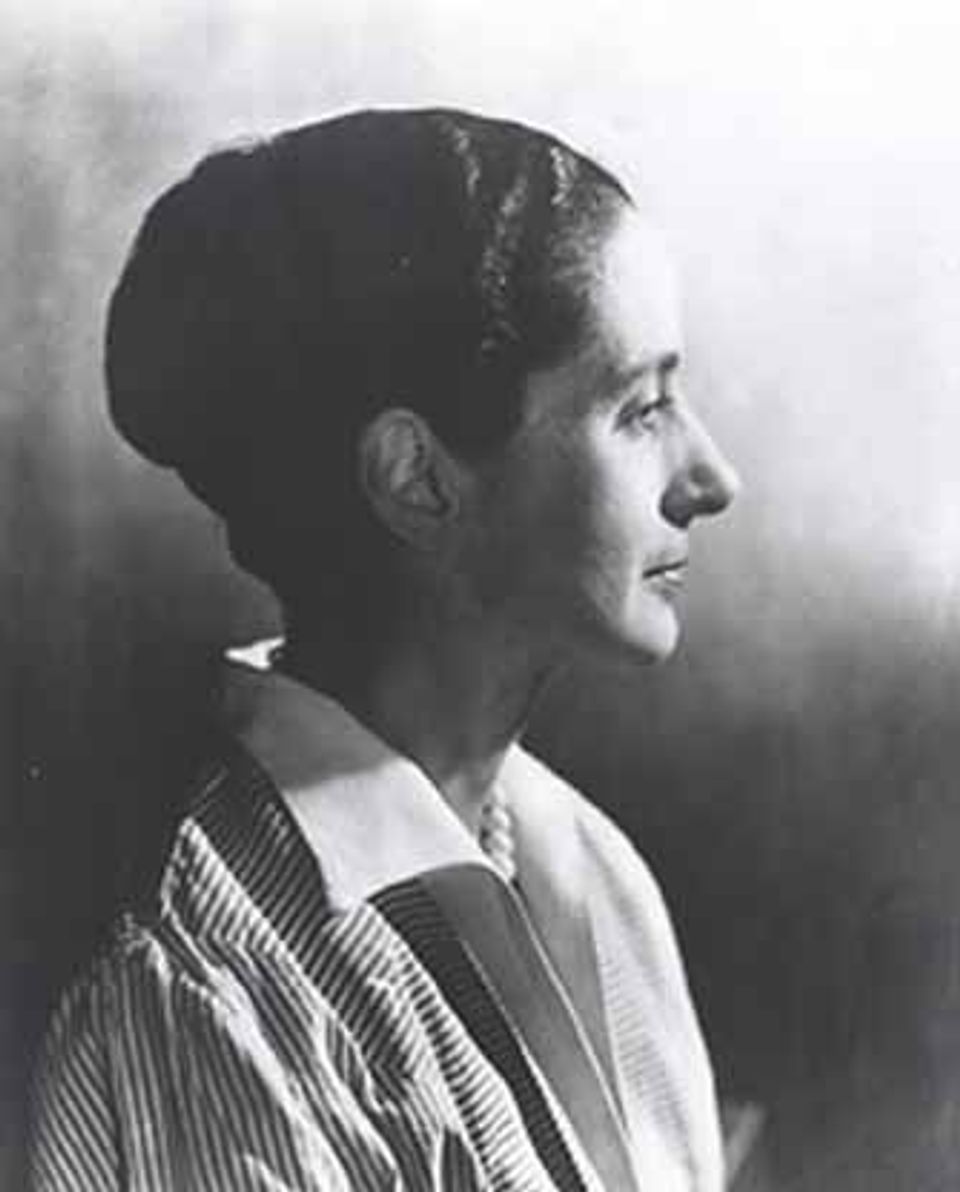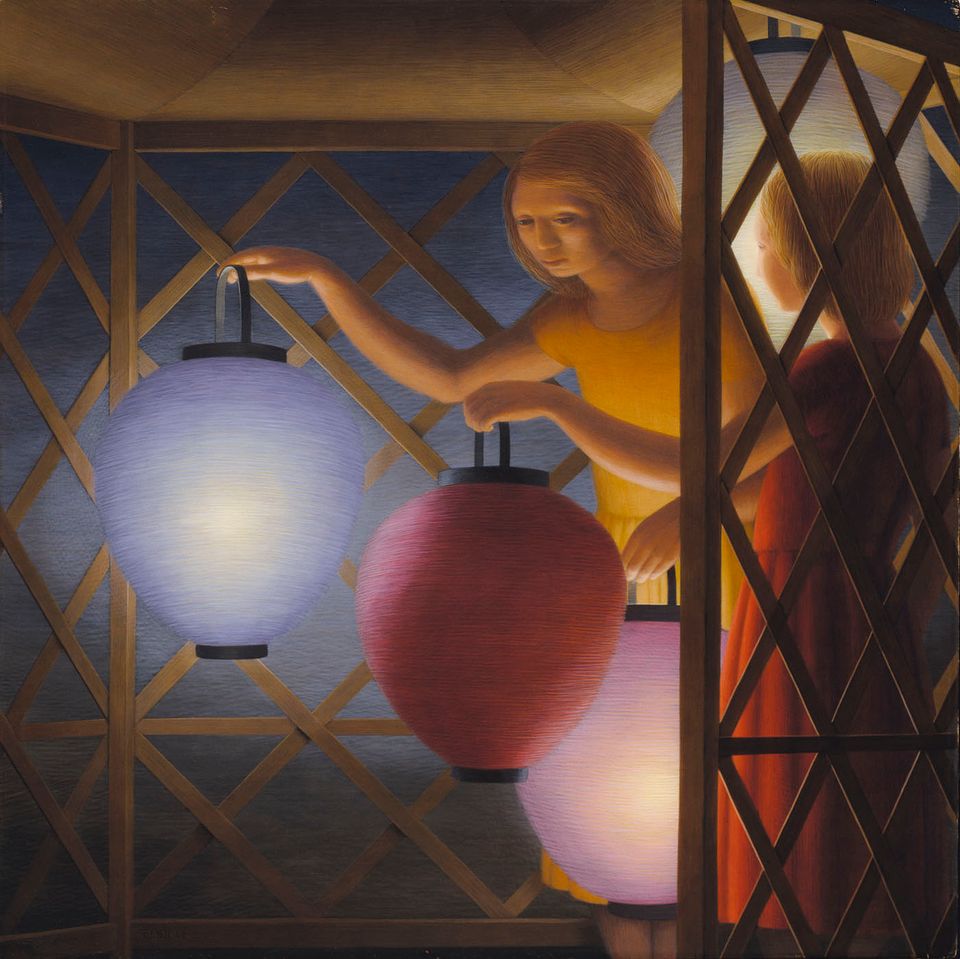Isabel Bishop

- Also known as
- Mrs. I. B. Wolff
- Mrs. Harold G. Wolff
- Born
- Cincinnati, Ohio, United States
- Biography
Painter and printmaker. Her preferred subjects were nudes, interiors, and urban landscapes—often Union Square in New York City—inhabited by shoppers and working people. She was a member of the Fourteenth Street School of social realist painters, which included Kenneth Hayes Miller, Reginald Marsh, Morris Kantor, and Moses and Raphael Soyer.
Joan Stahl American Artists in Photographic Portraits from the Peter A. Juley & Son Collection (Washington, D.C. and Mineola, New York: National Museum of American Art and Dover Publications, Inc., 1995)
- Artist Biography
Hoping to become an illustrator, Bishop came to New York in 1918 and enrolled in the School of Applied Design for Women. In the early 1920s she transferred to the Art Students League to study painting with Kenneth Hayes Miller and Guy Pène du Bois. In 1934 she leased a studio at Union Square, where she observed and recorded the everyday activities of the derelicts and working-class people of the city. Subject matter was always important to Bishop, and she studied Mantegna, Piero della Francesca, and Chardin for their ideas of structure and composition. By the 1930s, her impeccably drawn figures brought Bishop recognition as one of the outstanding urban realists of the "Fourteenth Street School," a loosely affiliated group named for the area where Bishop, Reginald Marsh, and the Soyer brothers, among others, lived and portrayed the local scene. In later years Bishop turned from painting the female nude, a primary theme during the 1950s and 1960s, to portraying groups of figures in motion.
Virginia M. Mecklenburg Modern American Realism: The Sara Roby Foundation Collection (Washington, D.C.: Smithsonian Institution Press for the National Museum of American Art, 1987)
Luce Artist BiographyIsabel Bishop moved to New York in 1918 hoping to become an illustrator. But she loved the energy and artistic life of the city, and rather than take commissions from others, she decided to paint her own experiences. Bishop established a studio in Union Square in Manhattan, and worked there for the rest of her life, commuting every day from her home in Riverdale. She created paintings that show the ebb and flow of life on the streets of New York as seen from her fourth-story window. Her images capture fleeting moments of people walking and chatting, which she described as “never heroic, never in the ‘grand manner.’” (Lunde, Isabel Bishop, 1975)















